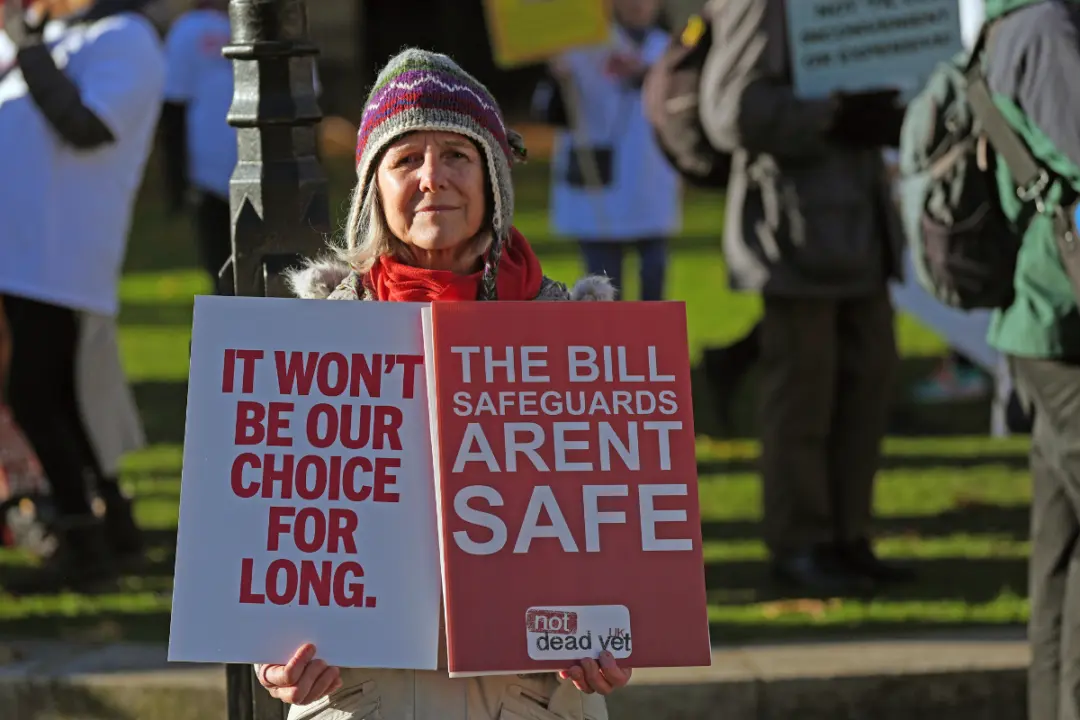Commentary
In 1977, movie director Roman Polanski was accused of drugging, raping, and anally sodomizing a 13-year-old girl named Samantha Gailey (now Geimer). Polanski’s excuse for this abominable abuse was that the girl consented, which is—and should be—no defense to such a heinous crime.





